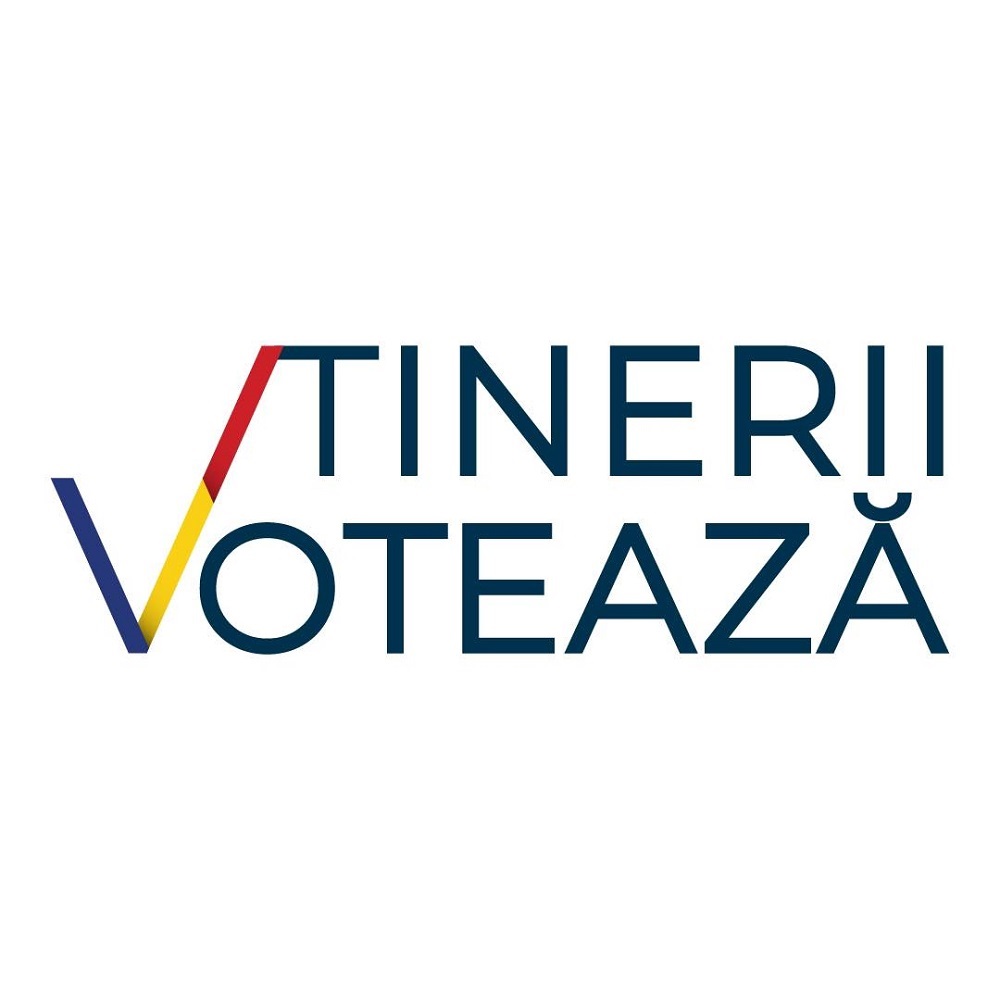Elections and young people
Young Romanians are rather undecided about voting in this year’s elections.

Ştefan Stoica, 04.04.2024, 13:50
Ahead of the electoral marathon to take place in Romania this year, with European Parliament and local elections on June 9, with the presidential election in September and the legislative elections in December, the “Youth Vote” initiative was launched in Parliament, being intended to encourage young people to vote and to promote an agenda of their priorities. During the event, the comprehensive study “Young people from Romania in the 2024 election year” was launched. Among the challenges reported by those interviewed are the lack of well-paid jobs, the quality of the education system, and problems related to the living standard. Regarding the trust in institutions, the university environment holds first position, being credited with much and very much trust by 56% of young people, followed by the European Union (51%), the army (50%) and NATO (50%).
The list of institutions that enjoy little trust among young people includes the press and especially the political institutions: Presidency, Government, Parliament and parties. Young people criticize certain aspects of the functioning of the state, such as predictability, equity, independence and orientation of the country towards its citizens, the survey also reveals. And the lack of hope makes two out of three young people to consider temporary or permanent migration from Romania, 68% of them considering that the country is going in the wrong direction. The main aspects identified by most young people as worrying about their situation in Romania are the lack of opportunities on the labor market, the poor quality of education, the vices and the standard of living. Predictably, social networks are among the top sources of information for young people. Thus, 4 out of 10 young people say that they get information from sources such as Facebook, TikTok, Instagram, WhatsApp. Young people’s interest in politics is low.
The presidential election is considered the most important. The intention to participate in the vote is, declaratively, very high, but it could be invalidated at the polls. In the 2020 parliamentary elections, a little over 25% of young Romanians went to the polls, and the highest participation rate among young people, in the last 8 years, was in the 2019 European Parliament elections, when over 40% of them voted. Choosing the “lesser evil” is an aspect indicated by 4 out of 10 respondents.
“Youth Vote” is not the initiative of a human or a person, it is the project of a generation, said Alexandru Manda, the founder of “Youth Vote” and organizer of the event. He believes that the main conclusion would be that one in four young Romanians says he or she is undecided and does not know who he or she will vote for in this year’s elections. Probably, the biggest problem is that many young people do not see their future here, not because they do not want to, but rather because the system is built in such a way that it does not meet their needs, says the sociologist Dan Jurcan, the director of research of the Romanian Institute for Evaluation and Strategy (IRES). The IRES survey took place in March, on 800 young respondents, with a margin of error of 3.5%. (LS)






























